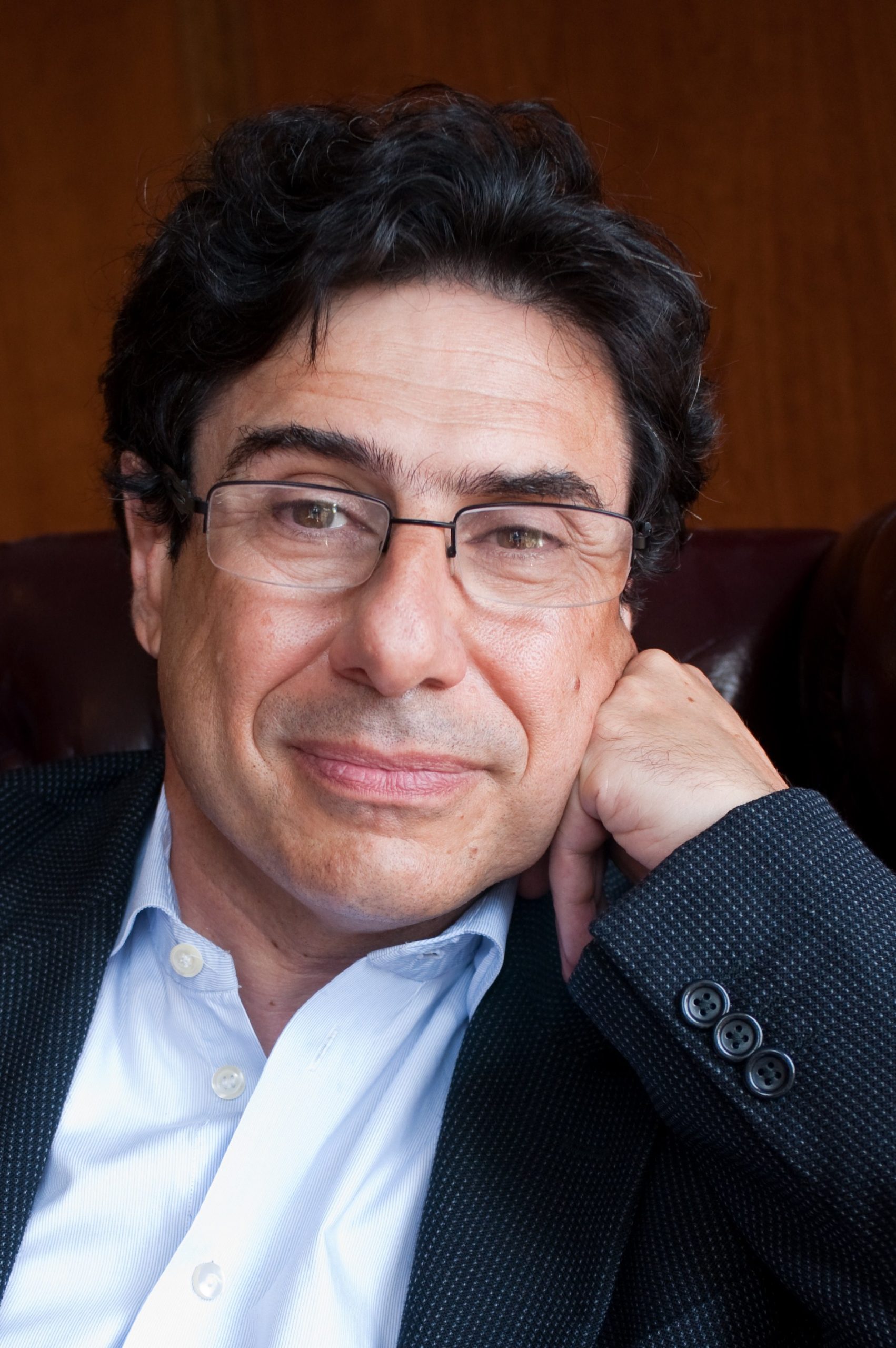Building Bridges 2025
36th Annual Conference of Academia Europaea (AE) and 14th Conference of the Young Academy of Europe (YAE)
Resilient Futures: Bridging Sciences, Technology, Humanities and Society
Thank you to all participants!
See you in Budapest from 12th to 16th of October 2026!
To have access to Building Bridges photos, introduce the code provided as a participant
IMPORTANT INFORMATION:
REGISTRATION ARE CLOSED.
Cancellation policy: Please not that No refunds will be issued for cancellations made after September 10th
For any doubt or question, send us an email to: aebarcelona.bb@fcri.cat

Prof. Philippe Aghion
Affiliation: Collège de France and INSEAD, Paris, France
Lecture given on the 15th October, 2025 at Building Bridges Conference
Should we fear AI?
Link to watch Philippe Aghion session: https://youtu.be/W5eV6dgmId0
Abstract
In this presentation we shall look at the growth and employment effects of AI. We will first argue that AI has a considerable growth potential, but that appropriate competition and industrial policies are required to harness this power. Then we will look at the employment effects of AI and argue that AI does not seem so far to have an overall damaging effect on
aggregate employment, even though
appropriate education and labor market
policies should be put in place to enhance the employment creation effect of AI.
Biography
Philippe Aghion is a Professor at the College de France, at INSEAD, and at the London School of Economics, and a fellow of the Econometric Society and of the American Academy of Arts and Sciences. His research focuses on the economics of innovation and growth. With Peter Howitt, he pioneered the so-called Schumpeterian Growth theory which became a leading paradigm to analyze the interplay between growth, innovation, market structure, and firm dynamics. Much of this work is summarized in their joint books Endogenous Growth Theory (MIT Press, 1998) and The Economics of Growth (MIT Press, 2009), in his book with Rachel
Griffith on Competition and Growth (MIT Press, 2006), in his survey “What Do We Learn from Schumpeterian Growth Theory” (joint with U. Akcigit and P. Howitt), and more recently in The Power of Creative Destruction (joint with C. Antonin and S. Bunel). In 2001, Philippe Aghion received the Yrjo Jahnsson Award of the best European economist under age 45, in 2009 he received the John Von Neumann Award, and in March 2020 he shared the BBVA “Frontier of Knowledge Award” with Peter Howitt for “developing an economic growth theory based on the innovation that emerges from the process of creative destruction”.
